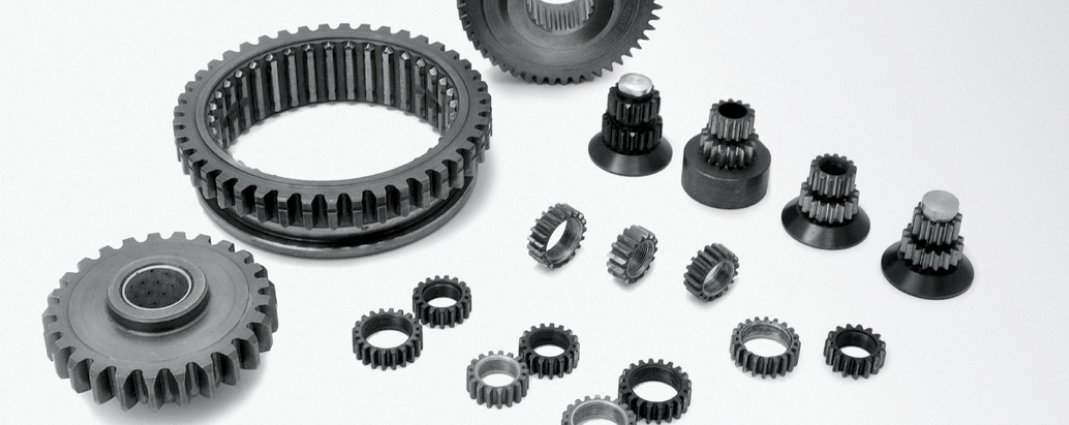CASE-HARDENING STEELS

Case-hardening steels are characterized by low carbon content, which is maintained in order to obtain a tough core after quenching and tempering and good machinability after annealing. They have an extremely wide range of use and the profile of the pieces is usually complex. For this reason machining is carried out before case-hardening and quenching and tempering. Case-hardening is usually carried out at temperatures from 870 °C a 930 °C and always above Ac3.
The best known techniques are:
- solid carburizing
- gaseous carburizing
- carbonitriding
- cyaniding
Solid carburizing is carried out in a box containing a mixture of barium carbonate and charcoal, generally replaced by specifically produced case-hardened granules.
Gaseous carburizing has a faster speed of penetration than solid carburizing, the work environment is much cleaner, the gases used are not very expensive, and a greater precision can be achieved in controlling the carbon penetration and distribution.
Carbonitriding is gaseous case-hardening with the addition of dry ammonium.
Cyaniding which is also known as “liquid case-hardening”, enables the hardening of only particular areas of the piece. The liquids are particularly toxic and contain carbonates-chlorides-cyanides. The speed of penetration is very fast, especially for carbon steels.
Typical applications:
C10E: stuctural and machine parts with low mechanical core strength
C15E – C16E: small car components, levers, joints bolts and frames, small shafts, automations etc.
XC18: chains, links, pulleys and all the components described for C15E – C16E
16MnCr5: small gears, shafts, universal joints and operating parts in general
20MnCr5: medium-sized gearwheels and axles for vehicle manufacture
17NiCrMo6-4: highly-stressed gear components
18NiCrMo5: highly-stressed gear components, camshafts
20NiCrMo2-2: parts of bearings, screws, bolts, axles for mass production on automatic lathes
16NiCr4: medium to small-sized gears, parts of bearings, camshafts
16NiCr11: gears, control components, average-stressed joints
16NiCrMo12: highly-stressed rolling parts



